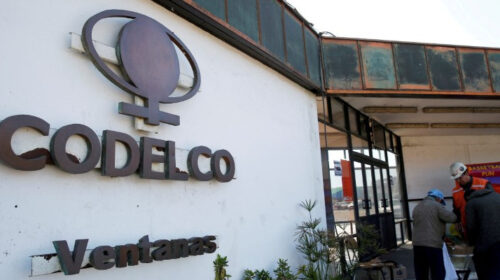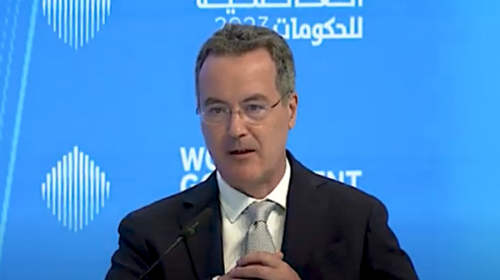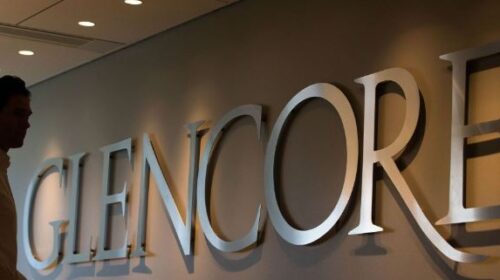Critical Materials Price Index Reaches 12-Month Low
The critical materials price index, monitored by Project Blue, reached its lowest point in the past year in May. However, the energy transition market intelligence firm now suggests that this decline marked the low point in the cycle for the basket of 30 metals and minerals.
The index had reached its peak in March of the previous year, benefitting from a post-COVID economic recovery. However, it experienced a swift decline due to a weakening global macroeconomic situation, surging energy costs, and a less-than-inspiring recovery in China, which accounts for the majority of consumption across various sectors.
Steven Seget, director and co-founder of Project Blue, expects that short-term price increases for critical materials will be primarily driven by battery and electric vehicle (EV) material prices, particularly lithium, nickel sulfate, and land prices. Few materials are expected to exhibit a robust recovery over the next three months.
Lithium prices are projected to rise by approximately 20% as buyers return to the market and accumulate sufficient inventories to meet the improving battery demand outlook.
Project Blue anticipates continued growth in buying activity, supported by higher-cost Chinese producers.
However, among the 30 different critical materials, the near-term outlook remains mixed. Some materials, including graphite, magnesium, and titanium, are expected to continue experiencing price declines due to market-specific challenges that affect their supply chains.
Significant Shift in Cobalt Market
The cobalt market might be approaching an inflection point. Following substantial declines—75.4% drop in prices for cobalt concentrate exported to China and a 57% fall in LME metal prices—Project Blue has identified indications of rising debt due to logistical issues in the Congo.
According to a Reuters report in late May, the DRC government plans to increase its stake in the Sicomines joint venture with Chinese companies from 32% to 70%.
This move is part of an overhaul of the $6 billion agreement on infrastructure in exchange for the Central African nation’s minerals.
The Tshisekedi government is concerned that the DRC’s copper and cobalt resources were relinquished during the Kabila era with minimal benefits for the country.
Additionally, the DRC has temporarily suspended Eurasian Resources Group’s Boss Mining copper-cobalt project due to environmental concerns.
However, as things currently stand, this suspension is unlikely to significantly impact the cobalt market. Nonetheless, it could remove approximately 2-3 kilotons of material from a surplus market in 2023.
Project Blue suggests that the current cobalt prices have likely reached their lowest point and anticipates market stabilization in the coming weeks.
85 total views , 1 views today





